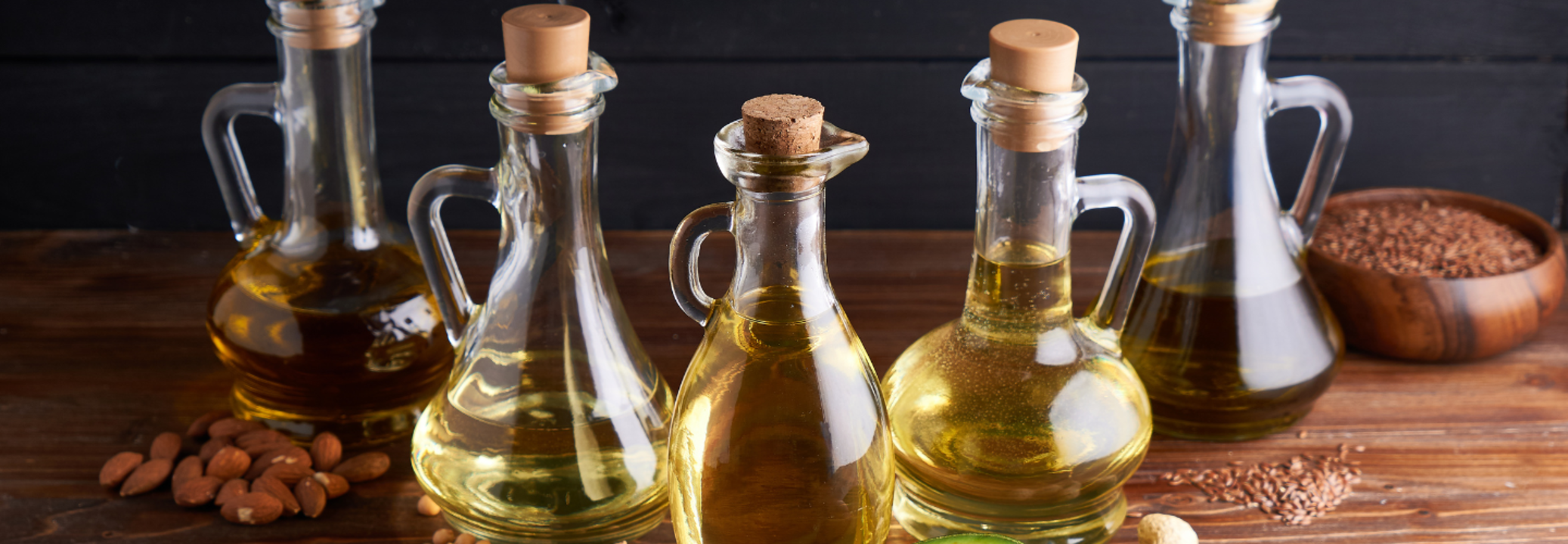The Hidden Risks Behind India’s Soaring Oil Consumption

Credits: Canva
SummaryTracking a household’s monthly oil use and dividing it by the number of family members can help maintain safe consumption levels. Here is what you must know about your oil intake in order to live a healthier life.
End of Article
